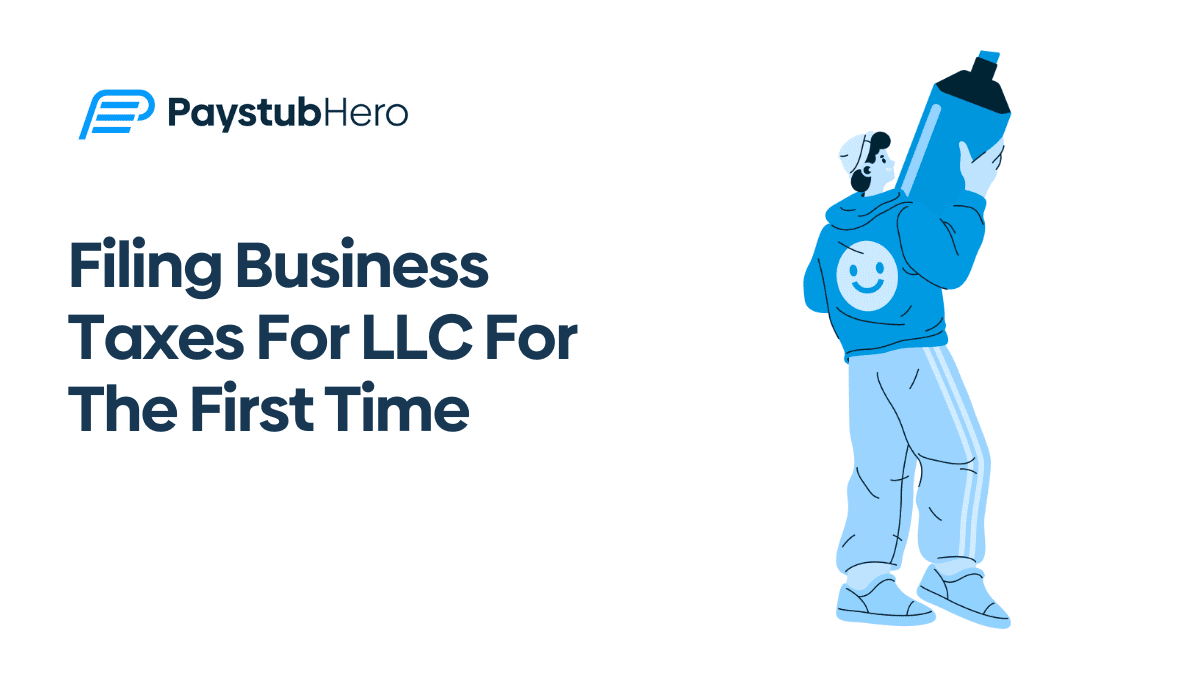An offer letter is a formal document from a potential employer that lays out the key terms of a job if you accept it. It confirms the offer, covering your job title, salary, and benefits, among other details.
This letter is vital. It helps you make an informed decision about the job by providing clear details about what’s on the table.
Let’s take a closer look at what offer letters entail.
What is an Offer Letter?
As seen above, an offer letter is a document you receive after being chosen for a job. It outlines the key terms of your employment which we will discuss more below.
Key Elements of an Offer Letter
Here’s a breakdown of the major elements of an offer letter.
• Job Details
This part is all about officially introducing your new job. It tells you what your title is, what you’ll be doing, and what the company hopes you’ll achieve.
Looking over this section helps you understand your role better. It also lets you ask any questions about what you’ll be doing before you say yes to the job.
• Salary
This is the most significant element of any offer letter. This section discusses the pay structure. In addition to specifying your salary amount, it will also outline how often you’re paid, whether weekly, bi-weekly, or monthly.
The offer may also mention any incentive structures or commission plans if such are part of the position.
• Benefits
Beyond salary, most companies offer a range of benefits to their employees. This section will outline the health insurance plans available, including coverage options and costs. It might also detail retirement savings plans, like a 401(k), with any company matching contributions.
Additionally, the offer letter might mention other perks like paid time off, parental leave, or even gym memberships.
• Start Date
This is where you’ll learn the precise date that you will begin your new job. Knowing your start date allows you to better plan your transition.
It assures you have a smooth transition from your old job to the new one.
• Duration
Some positions might involve fixed-term contracts. This section clarifies the length of your employment contract, if applicable.
In the absence of a specific contract duration, most employment is considered “at-will.” We’ll explore this later.
• Work Hours
The offer letter will specify whether the position is full-time or part-time, along with your expected work schedule. This could cover daily hours, flexible schedules, or remote options.
• Reporting Structure
This portion describes who your direct supervisor or manager is going to be. Knowing your reporting structure is important. It helps you understand the reporting hierarchy in the company.
In addition, you’ll have the privilege of knowing who you will be working together with each day.
• Confidentiality and Non-Compete Clauses
The offer letter might mention details about confidentiality and non-competition. These are legal agreements. They explain the rules about sharing sensitive company information.
They also outline guidelines about taking on similar roles with competitor companies after your employment ends.
• At-Will Statement
This section might mention if your employment is “at-will.” In at-will employment, either you or the company can end the job anytime. This can happen with or without notice, as long as it follows local labor laws.
The Significance of an Offer Letter
A job offer letter is more than just a final step after interviews; it’s really important. Here are some of the benefits.
1. Proof of Your Employment
As mentioned before, an offer letter details your official title, start date, and compensation package (including salary and benefits). This documented information becomes valuable proof of employment.
Proof of employment in turn, holds weight in several situations such as:
• Securing Housing:
Landlords generally need proof of your income to ensure you can pay rent on time. The salary stated in the offer letter confirms your financial capability for housing.
It makes your application stronger.
• Loan Applications:
Whether it’s for a home loan or a credit card, financial institutions typically require proof of income, such as an offer letter. An offer letter plays the role of a reliable potential income, which helps secure the funds you need.
• Building Credit Worthiness:
When lenders look at your offer details, like your salary and start date, they decide how much money you can borrow and what interest rate you can get. So, if you have an offer letter, you’re more likely to get better loan options.
Interesting Read: How To Provide Proof Of Employment
2. Establishing Expectations
Beyond confirmation, an offer letter outlines the legal framework for your employment. It states your rights as a worker, your duties, and those of the employer.
The specific details include the probationary periods, benefit eligibility, and even termination terms. This ensures clarity and a positive start to the working relationship.
3. Transparency and Future Reference
An offer letter serves as a transparent record of the terms agreed upon during the interview process.
It precisely lays down your duties as an employee, paid holidays, benefits, etc. This means that everyone is on equal terms right from the start, with a unified aim. The unity builds a good working relationship.
4. Building a Foundation for the Future
An offer letter also becomes a valuable reference point throughout your employment. If you ever need to talk about your duties or ask for a raise, it gives a record of what was agreed upon at the start.
It, therefore, facilitates clear communication and helps ensure your continued satisfaction in the role.
Now, for employers, an offer letter gives similar benefits. It’s useful for hiring or general business operations.
Streamlining the Hiring Process with Offer Letters
Hiring can be hard. You find the perfect person, but you need to act fast to beat out other offers. A quick offer letter can help you win the best candidate.
Here’s how offer letters can help you hire faster:
• Speed things up: By having a clear letter template, you can quickly fill in the details and send it off to your top pick.
• Clear and professional: A well-written offer letter lays out all the important details, like salary, benefits, and start date. This shows the candidate you’re serious and organized.
• You stand out from the crowd: A quick offer shows you’re interested and efficient. In a competitive job market, that can make a big difference.
Streamlining Your Offer Process:
• Use templates: Create offer letter templates for different positions. You can try out Paystub Hero’s reliable letter generator. This saves time and ensures consistency.
• Communicate clearly: Keep candidates informed throughout the process. Let them know when to expect the offer and who to contact with questions.
Creating an Effective Offer Letter With Paystub Hero
Secure your top pick with a professional offer letter. Paystub Hero simplifies the process with a 6-step generator:
• Design (pick your brand style)
• Company Info
• New Hire Details
• Salary & Benefits (clear breakdown)
• Review
• Send (finalize with confidence)
Don’t risk losing a great candidate – create a winning offer letter fast. Try Paystub Hero today.
FAQs
Here are answers to the most commonly asked questions about offer letters.
Is an offer letter a contract?
An offer letter is generally not considered a legally binding contract in itself. While it outlines the terms of employment, it doesn’t have the same weight as a formal employment contract.
What is the difference between an offer letter and an employment letter?
Offer letters outline basic job details like salary, start date, benefits, and duties. Employment contracts are detailed, legally binding agreements covering rights, and responsibilities.
What happens after signing an offer letter?
Signing an offer letter typically signifies your acceptance of the job offer and the outlined terms. However, it might be followed by additional steps before your official start date, such as completing onboarding paperwork.
What to do when you receive an offer letter?
Review it closely for details like salary, start date, and job title. Match it to what you discussed. If there’s something unclear, ask. You can even negotiate some parts (pay, maybe start date) if you wish. Then decide and reply quickly.








